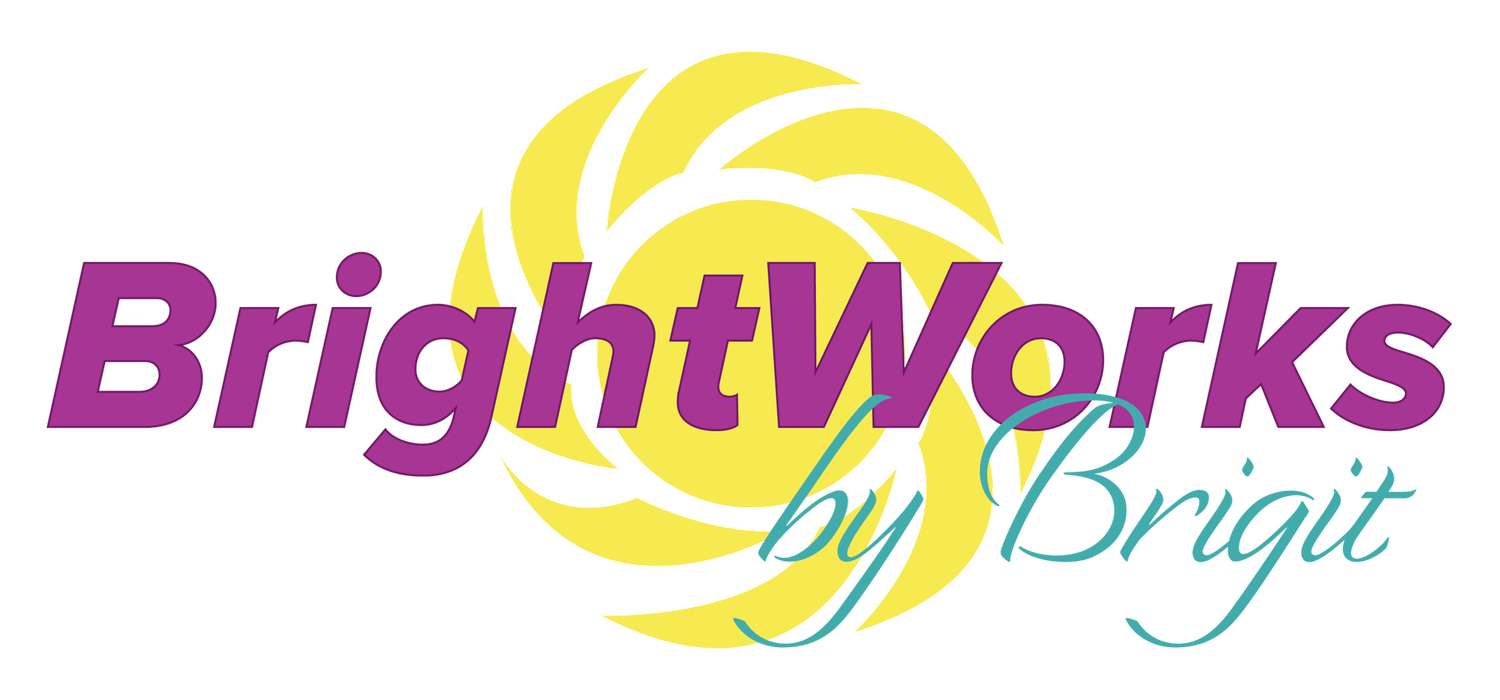Many have heard the term “energy work”, but because it is unfamiliar to them have feelings of apprehension about it. And to others, this may be a new term. I find that people are somewhat leery of things they don’t quite understand (myself included), so I’d like to shed some light on this subject so that it makes more sense.
Let’s first start with what energy work ISN'T. It isn’t: magic, mystical, or scary. It isn’t even weird (unless of course your practitioner barks like a dog and dances like a chicken – get a new practitioner immediately!). Kidding aside, it also isn’t a substitute of any kind for prayer or any religious beliefs. In fact, I actually had a client make the following brilliant observation: “Prayer is what invites positive circumstances, and the energy work is what clears the inner resistance to help receive it.”
Before we get into the specifics of energy work, let’s define energy itself. Energy is the capacity of a physical system to perform work. Energy exists all around and within us in several forms such as heat, kinetic or mechanical energy, light, potential energy, electrical, or other forms. Because our bodies have an electrical system, defibrillators are used to restart the heart after a heart attack. We also have an electromagnetic system, which allows all kinds of communications to occur within and without the body. This is the system that is used when muscle testing (also known as kinesiology) to find blocks or weaknesses within the body. A polygraph test also uses this system and can be compared to muscle testing, as it is used to measure the body’s subconscious response to a true or false question.
OK now onto the good stuff – what is energy work, and what does it do? I realize as I write this that because there are so many methods out there (probably too many to mention) I better stick with what I know – the SimplyHealed Method®. This modality uses kinesiology to find blocks, glitches, doubts, even generational issues (traits that run in a family – addictions, abuse, etc) within a person’s being. Oftentimes this is happening subconsciously, so the person is aware only of the effects of these blocks, in whichever way they manifest in the mind or body –illness, anxiety, depression, etc. Once all these are found they are cleared.
Carolyn Cooper, the founder of SimplyHealed™, uses a great analogy to explain how this works: Think of yourself as a biocomputer. As such, you store information, some of which is not serving you well – old programs, viruses, false information, etc. Just like a computer gets slow and tired over time, so do you! Especially when you are hanging onto hurtful things from the past. These things fester over time and become something much bigger and more complicated. So just like you would call a computer expert to come clean up your hard drive and software, an energy work practitioner would clean out the old programs you are holding onto. With all the debris gone, the mind, body, and soul are now able to heal and function as they were designed to – and you are well on your way to being your best self!
I’ll share an example of how clearing emotional issues can affect the physical body. I once had the privilege of working with a client who was visiting from the Salt Lake area. We worked on many things during the session, and when we were finished he commented on how good his back felt. He never mentioned back pain to me before, and indicated that he had experienced the pain for so long that he didn’t think about it, and didn’t bother treating it – it was just a part of him.
Anyway, he left my office, went to a movie with a friend, then drove the five hours to his home. When he finally got there late that night, he called to let me know that his back still felt great. He had energy, and felt like he could do anything – he had forgotten how it felt to not have that pain. So something that we cleared for his emotional well-being also helped him physically. It’s amazing how capable the body is to heal itself when its blocks are out of the way!
People ask me all the time what I do, and how it all works. In a nutshell, I refer to Will Smith, who sums it up best as a professional matchmaker in his hit movie “Hitch” – “I just help people get out of their own way.”
"If you want to find the secrets of the universe, think in terms of energy, frequency and vibration." - Nikola Tesla
Featured Image Copyright: Nikki Zalewski / BigStockphoto.com











